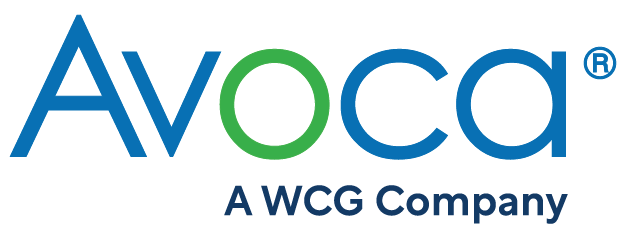Is creativity needed in the search of qualified CRAs?
“I can’t find enough qualified CRA’s”, “The shortage of CRA’s is a real problem”, “We need to look at different ways of attracting millennials” …. these were a smattering of comments I heard expressed at the Avoca Quality Consortium Summits earlier this summer. “Wow”, I thought to myself, “there is a real recruitment challenge out here”. There’s got to be a way to get young millennials interested in this crucial role in drug development.
Fast forward to the DIA, and I was pleasantly surprised to share my breakfast table with several young millennials who had recently tried to land CRA roles and a senior level HR executive who had hired for plenty of these positions. “It is impossible to break into the CRA role” opined one young lady who had just landed a job. “No one will hire you without experience” opined another. “I have years of study monitoring experience that is relevant and yet no one would hire me”. The challenge as I came to understand it was not a lack of interested candidates, but the absence of an exact match between the expertise desired by companies and what the candidate pool possessed.
“Aren’t there entry level CRA jobs you could apply for”, I asked rather naively. Pat came an answer, “check it out, even the entry level jobs require experience”. Sure enough I went in and did a search on a few major job sites on the term “entry level CRA”. My breakfast companions were right. Even the positions tagged as entry level positions required experience. “I’ve trained entry level folks and had them shadow experienced CRAs for a few years”, opined the executive, “but my clients in pharma wanted demonstrated, on the job experience and refused to have these candidates on projects”.
So I’d like to ask a few questions. Does the actual years of experience a CRA have result in a better quality outcome on clinical trials? Or is it simply the fear of failure and mistakes that prevents us from taking a chance at a less experienced candidate and training them? Does technical knowledge trump the eagerness of someone willing to learn and problem solve? Or is there a happy medium that can be created to help the industry solve this problem.
I’d love to hear your thoughts.
Lakshmi
————————
Lakshmi Sundar has spent two decades in the pharmaceutical industry, leading teams across sponsors and CROs in multiple functional areas to spark innovation, manage risk, and lead change with a sense of purpose and fun. At Avoca, Lakshmi partners with members of the Avoca Quality Consortium and industry innovators to deepen the dialogue on building a quality culture within and across organizations to mitigate risk, advance drug development, and bring treatments to patients in a more effective manner.
